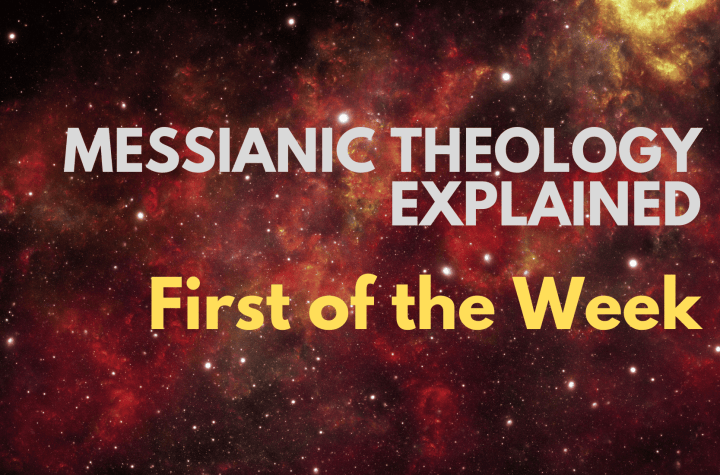Messianic Apologetics editor John McKee reviews some little known information on Matthew 28:1 and whether or not Yeshua the Messiah was actually raised on Sunday morning.
Resurrection
John McKee discusses some important matters from 1 Thessalonians 5:5-10 in relation to the resurrection of the dead, when many consider this passage to speak of a pre-tribulation rapture escape.
J.K. McKee of Messianic Apologetics discusses how today’s Messianic people approach various theological issues, today by addressing Death and the Resurrection.
How are today’s Messianic people to best approach the topic of what happens at death? Do people die, and then enter into complete unconsciousness until the resurrection? Or, do people die, and then have their consciousness transferred to another dimension, until the resurrection? Is “soul sleep” something that we need to be seriously considering, or does it need to be dismissed as a false teaching?



